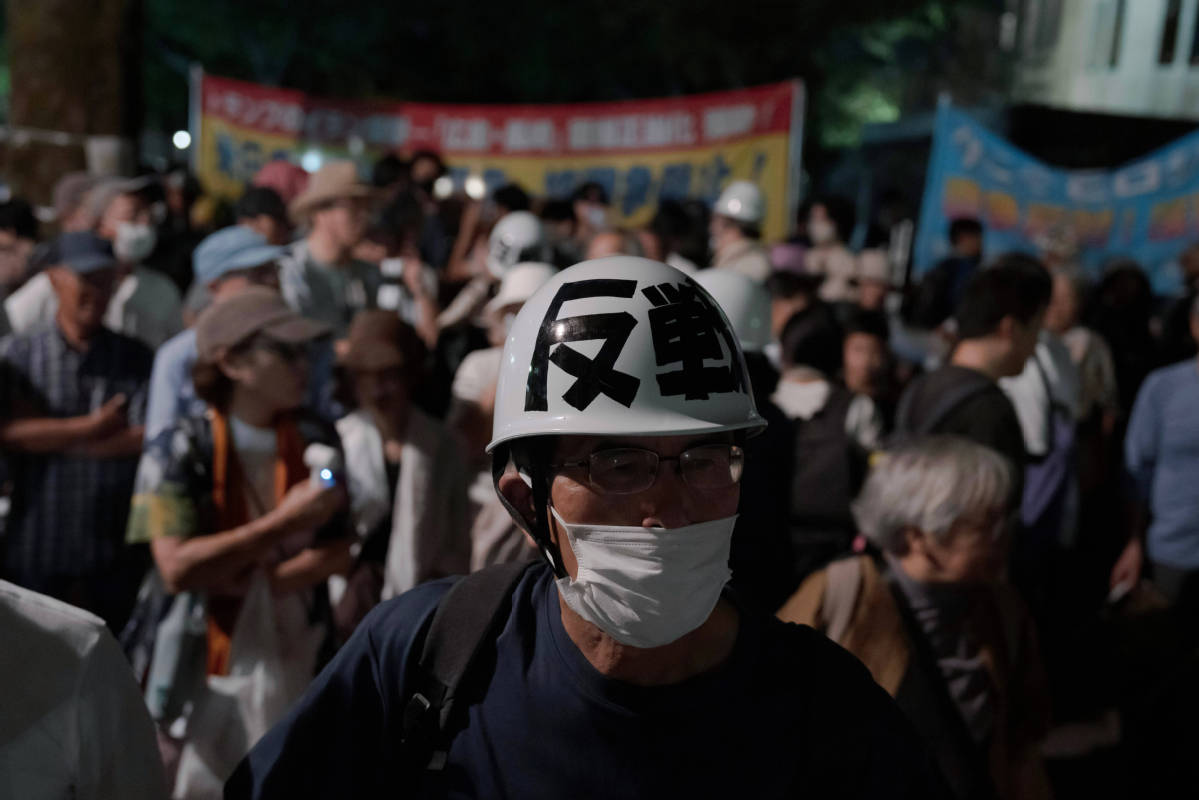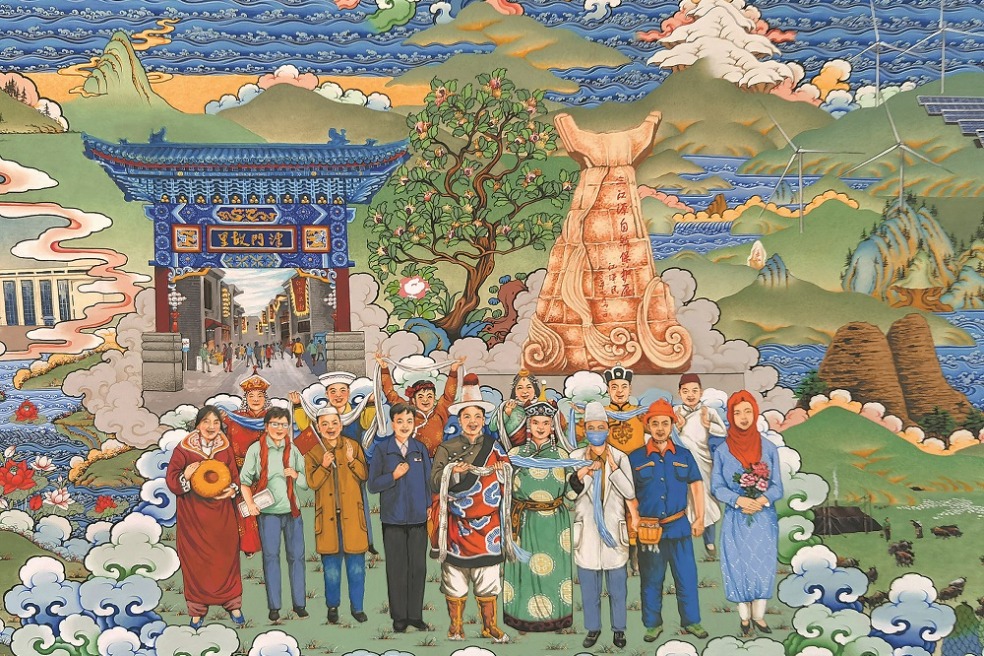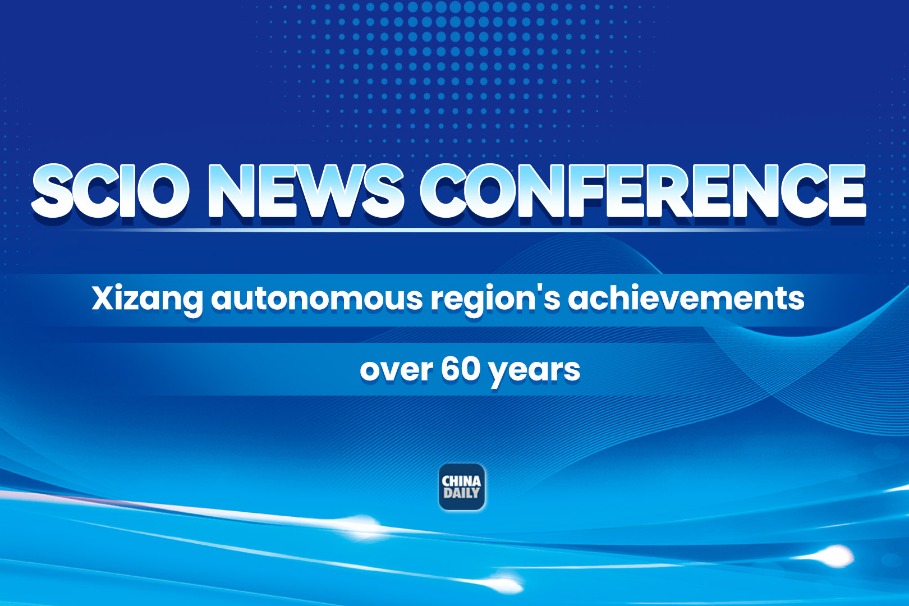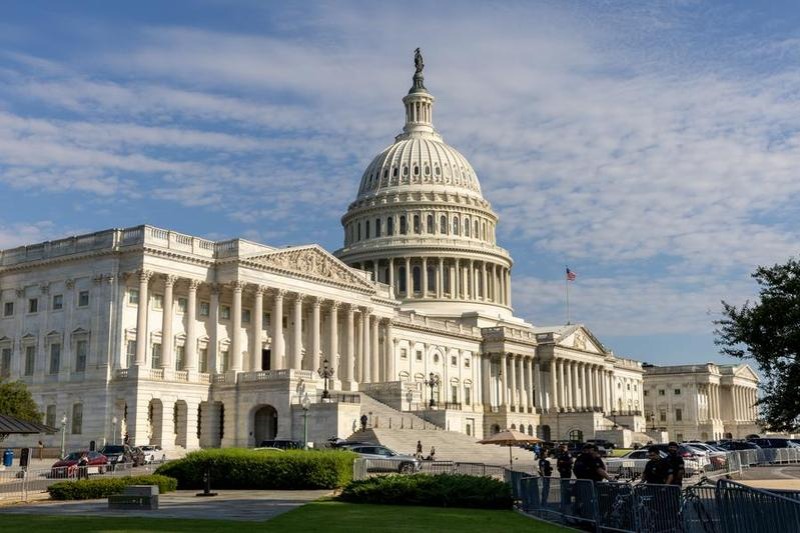Japan needs to match words with deeds to prove it has learned Hiroshima lessons: China Daily editorial


Eighty years ago on Aug 6, 1945, a United States B-29 bomber dropped an atomic bomb on the city of Hiroshima. Between 60,000 and 80,000 people were killed instantly, with the death toll rising to 140,000 by the end of the year as victims succumbed to burns and illnesses caused by acute exposure to radiation. Three days later, the US forces dropped a plutonium bomb on Nagasaki, killing 74,000. These were the first and only use of nuclear weapons in history.
Japanese Prime Minister Shigeru Ishiba and representatives from more than 100 countries and regions, including those from nuclear countries, such as the US and the United Kingdom, attended a ceremony at Hiroshima's Peace Memorial Park on Wednesday on the anniversary of the bombing.
Japan holds annual commemorative events that reinforce the perception of the country as a victim. But those who were killed in Hiroshima and Nagasaki, as well as the survivors who were physically or mentally scarred, were not just victims of the atomic bombs but also of the war of aggression the Japanese militarist government launched against other countries before and during World War II.
While the world's sympathy goes to those who were killed by the bombs and those who survived with terrible memories that haunted them for the rest of their lives, the atrocities and sufferings Japanese invading troops inflicted on the peoples of other countries should also not be forgotten.
In 2024, Nihon Hidankyo, a Japanese group of atomic bomb survivors won the Nobel Peace Prize for their efforts to achieve a world free of nuclear weapons. That should serve as a reminder to all Japanese people of the importance of learning the right lessons from history.
But Tokyo only pays lip service to this necessity. While advocating against nuclear war and expressing Japan's adherence to the "three nonnuclear principles", it continues to uphold the importance of the US nuclear umbrella and is actively working with the US to extend this "deterrent" capability, in which they would use nuclear weapons in the event of a "contingency". Japan has also significantly increased its defense spending and strengthened its military cooperation with so-called "like-minded" countries such as the Philippines.
As the only country that has ever been subjected to nuclear attacks, Japan has the obligation to leverage these historical horrors to instill among its people the conviction that the country should never again tread the path of militarism. Instead, it should try its best to become a key force for world peace.
Yet, Japan approved a record defense budget for 2025 early this year, the 13th annual growth in a row, explicitly justifying this profligacy in its defense white paper by hyping up a "threat" from China and other neighboring countries.
By hyping up a "threat" from China, Japan has been building its military might and accepted the role of being a pawn in the geopolitical game of the US. All of this is a voluntary arrangement based on the new version of Japan's National Security Strategy, which was introduced in December 2022. These are concrete steps toward militarization, citing a fabricated foreign "threat".
These and other deeds and words by Japan, such as its overtures to the North Atlantic Treaty Organization and its remarks relating to the Taiwan question, show that the nation is clearly a long way from being a peace-loving country.
It should go without saying that the victims of the nuclear attacks on Hiroshima and Nagasaki should have the world's sympathy. But while remembering them, it should not be forgotten that those attacks were a direct outcome of Japan charging down a militarist path.
Japan should never be allowed to present itself as the victim of the war just because Hiroshima and Nagasaki suffered the horrors of nuclear attacks. Even though the rights and wrongs of the nuclear bombings are still being debated, it is important for Japan to develop the right attitude toward that part of history and its own responsibility for what transpired.
For the entire world, what happened to Hiroshima and Nagasaki should also serve as a reminder about the scale of destruction nuclear weapons can wreak and the importance of global efforts for nonproliferation of nuclear weapons worldwide, and for the process of denuclearization to yield results.
Nuclear weapons, the Sword of Damocles that hangs over humankind, should be completely prohibited and ultimately destroyed over time.
To mark this anniversary, major countries should manifest their determination to strive for a world free of nuclear weapons.


































